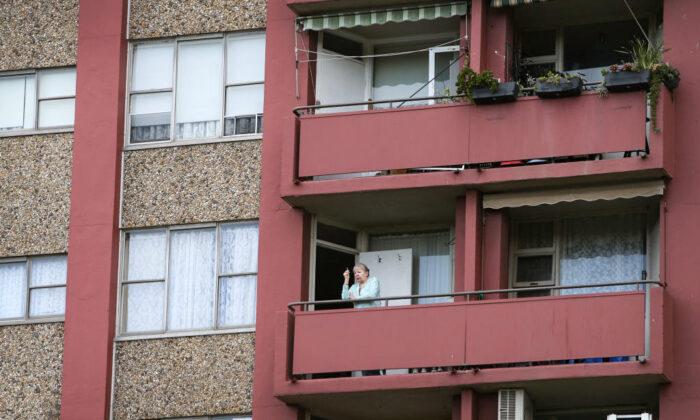Crossbenchers in the senate are under pressure to pass the Australian Labor government’s $10 billion (US$6.7 billion) housing fund bill through the parliament this week after negotiations between the crossbenchers and the government derailed.
The maximum amount that can be withdrawn from the fund is capped at $500 million annually, with the government expecting 30,000 social and affordable homes to be built in the first five years of the fund, among which 4,000 would be distributed to women and children who are victims of domestic violence.
Government Criticises Senate Crossbench
Following the failed negotiations, Housing Minister Julie Collins criticised the Greens and other crossbenchers for opposing the bill, saying the government was doing its fair share to tackle the housing crisis.The minister also emphasised that vulnerable people urgently needed the legislation to pass the parliament.
“I would say to the Greens and to other crossbenchers in the Senate that vulnerable people cannot afford for this to delay,” she said in comments obtained by AAP.
“If their response is ‘it’s our way or zero’, that is just unacceptable when you’ve got vulnerable people on the ground who need housing today.”

But independent Senator David Pocock, who has said that he would not support the bill in its current form, wanted the government to have a more ambitious housing plan.
Social Housing Advocates Say Scheme Urgent
Meanwhile, social housing advocate groups also called on the political groups to reach an agreement on the housing fund due to the urgency of the housing crisis in Australia.“We can strengthen them and provide additional resources in the years ahead, but we need to get moving now.”
Kate Colvin, CEO of Homelessness Australia, said that while Labor’s housing package would not be enough to fix the housing crisis, it was critical to kick-start a longer-term response.
Greens Demand More Amendments to the Bill
Meanwhile, the Greens have said the 30,000 homes proposed under the bill were insufficient to meet the demand.Pointing to one-third of Australians living in rentals, the Greens said the bill needed to include more assistance for those people.
“People are really struggling, and there is nothing in this package that is going to make life easier for renters.”

Building Houses Not Effective
However, some economists have pointed out that building more social and affordable homes is an ineffective and expensive approach to dealing with the housing crisis in Australia.Chief Economist Peter Tulip from the Sydney-based Centre for Independent Studies previously told The Epoch Times that the government should increase the housing supply by easing planning restrictions and allowing builders to build more.
In addition, he noted that the Commonwealth Rental Assistance (CRA) was more efficient, effective and equitable than building social housing.





